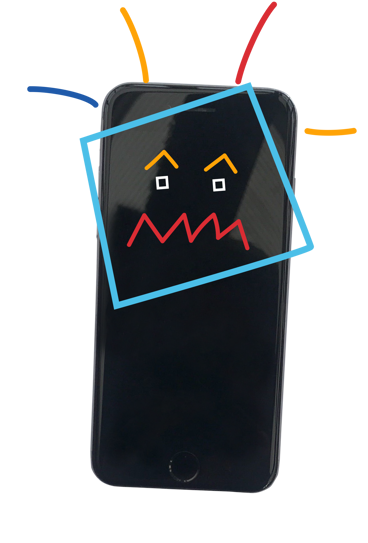Why use device detection?
From mobile devices, tablets, and desktops, to watches and smart TVs. Consumers are using more devices than ever to interact with your brand. These people expect a smooth, instant, and personalized experience – every time, on any device.
But in this mobile-first, rich-media world, even the best responsive-designed websites and apps run into problems. Like when awkward screen sizes can't display a menu correctly. Or when older hardware takes minutes to load a page with one 10-second video ad.
When these things happen (and they do – probably more than you realize), your users get frustrated, your brand is damaged, and almost-customers slip through your fingers.
It doesn't have to be this way. Our Device Detection API recognizes the type of device used to interact with your website, and detects device properties such as the browser, operating system, and hardware. With this extra information, your website, app, or mobile network can automatically optimize for the device.
It's time to graduate from a broken, one-size-fits-all approach to a tailored user experience more appropriate for the ever-evolving digital world.
What is device detection?
Device detection technology recognizes the devices being used to access a website, app, or mobile network, using the User-Agent or other HTTP request headers. These headers include detailed information across hundreds of categories, like device model, processing power, browser type, screen resolution, and retail price, to name just a handful.
Websites and apps enhanced with device detection can make smarter decisions (in real-time) about what content to send to a given device. With greater control of your content from one device to another, you can improve experiences for your users and results for your business.
It allows you to use modern techniques such as server side unit and regression testing, image optimization, and content adaption, therefore reducing time to market and development costs.

Before device detection
Slow, clunky, generic web experiences = a truck load of missed opportunities.

After device detection
Fast, seamless, tailored web experiences = more rewarding interactions for everyone.
How does device detection work?
Want to give your website real-time device detection superpowers? It just takes a clever piece of API code. Here's how it works.
1
Request
Your website (or content management system) receives a user's web page request.
2
Detect
The API matches the request (User-Agents, other HTTP headers, and some optional JavaScript) to a device database.
Wow! That was fast and easy to follow.
3
Respond
Your website returns a page precisely optimized for the screen and capability of this user's device.
Get started with device detection
Did you know that 150 new smart devices are launched every week?
In this fast-moving digital world, you need a data provider you can rely on. That's why we cut no corners to bring you the fastest and most accurate device detection service there is.
If you're ready to get started, there is a simple device detection tutorial available to get you set up with cloud or on-premise hosting. If you want to use our cloud service, you will need to create a Resource Key with your desired properties from our Cloud Configurator.
- Blazing speed. With over 22 million detections per second, our unmatched sub-millisecond performance gives you the edge.
- Comprehensive database. We update our unrivaled 2,825,095 device combinations with a new data file every Monday through Friday. So you stay bang up to date.
- Bankable accuracy. Our detection is more than 99.9% accurate, eliminating mistakes caused by default assumptions and false positives.
- Proven track record. Over 1.5 million websites are already getting better results with 51Degrees Device Detection. You can learn more with our case studies.

Get more with Pipeline API
We could just give you the world's best device intelligence and leave it there. But it gets better.
- Multiple real-time data sources in one speedy request
- Supports most popular web frameworks and programming languages
- Seamless switching between cloud and on-premise services
- And much more
